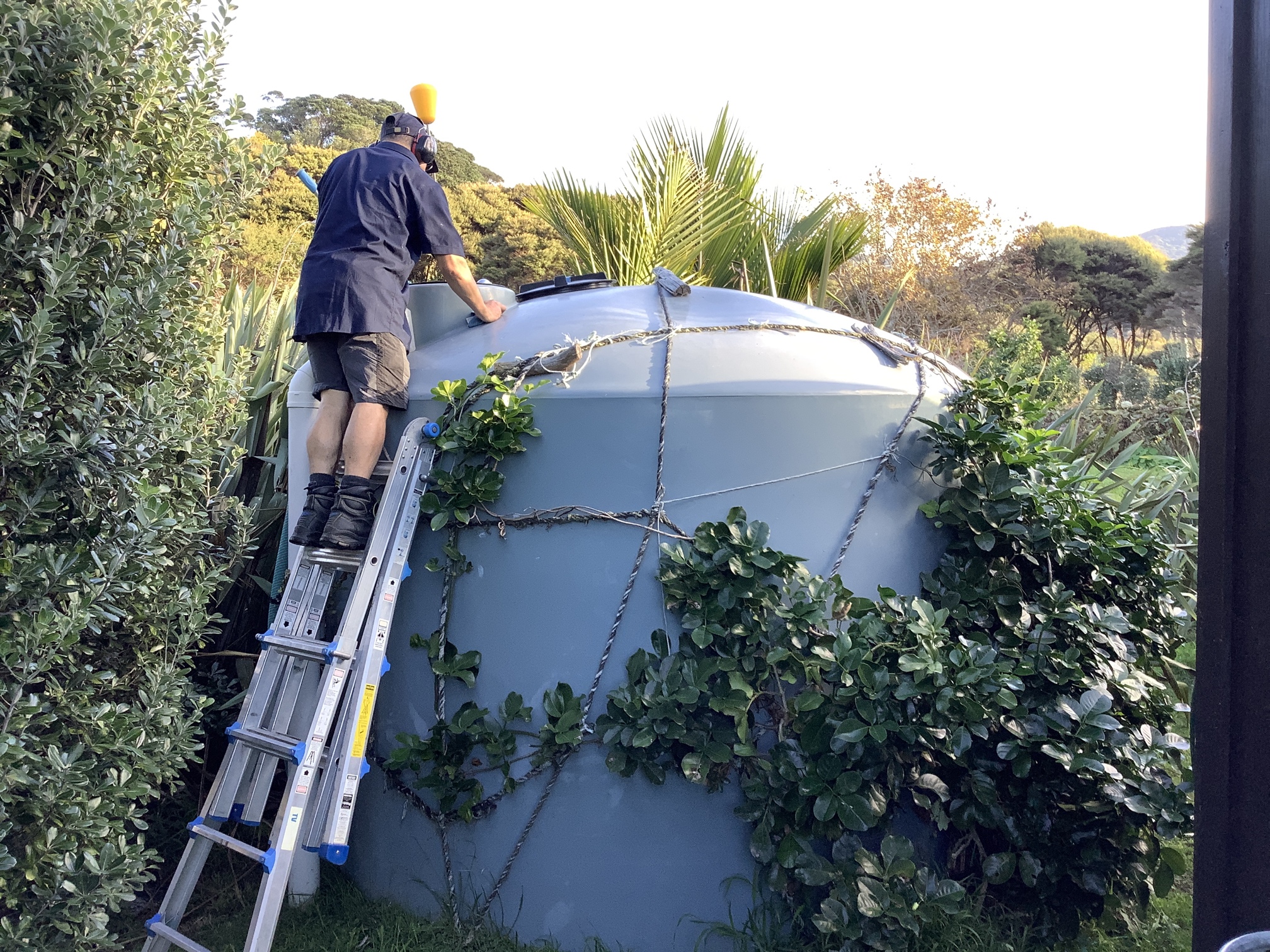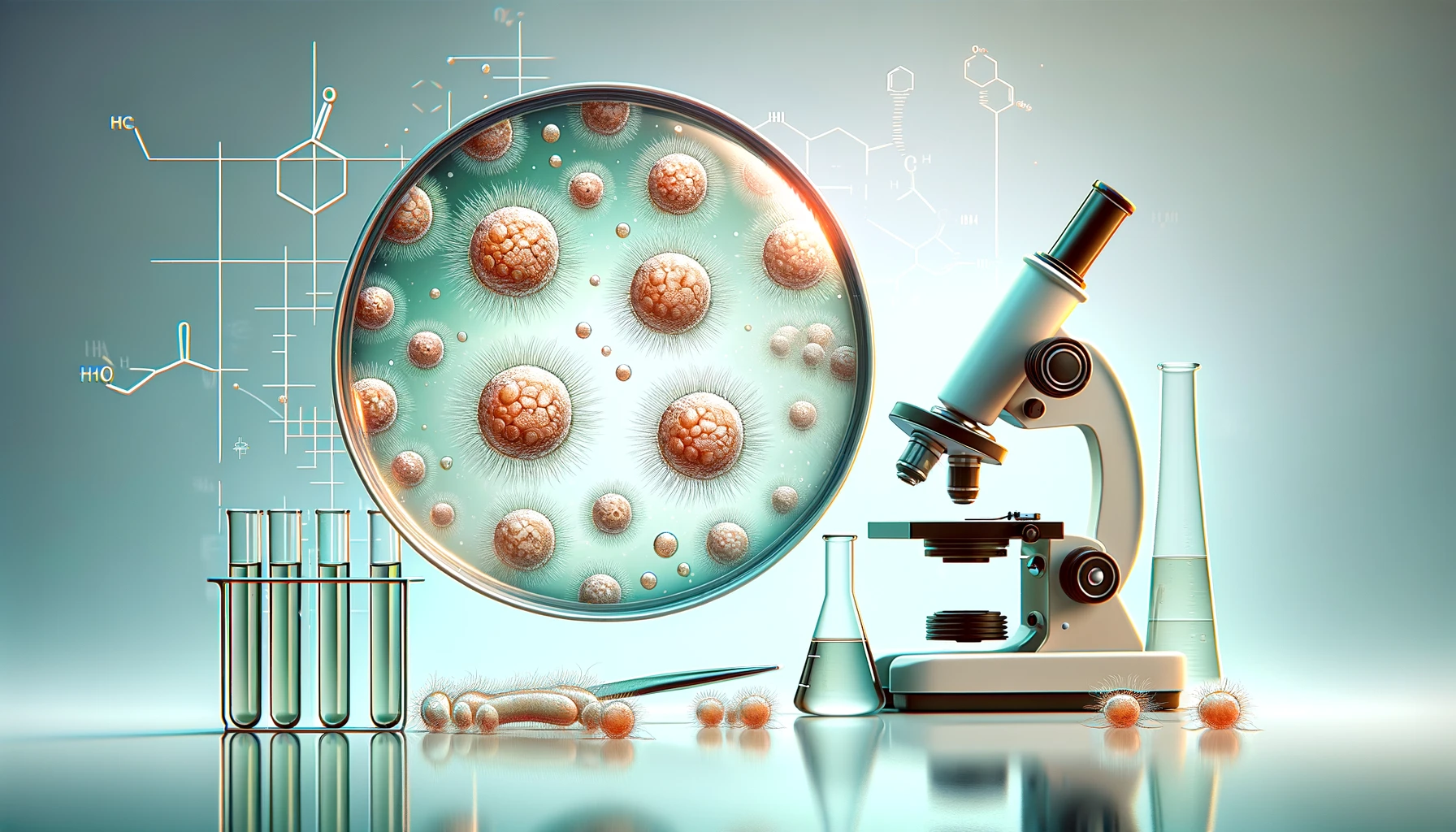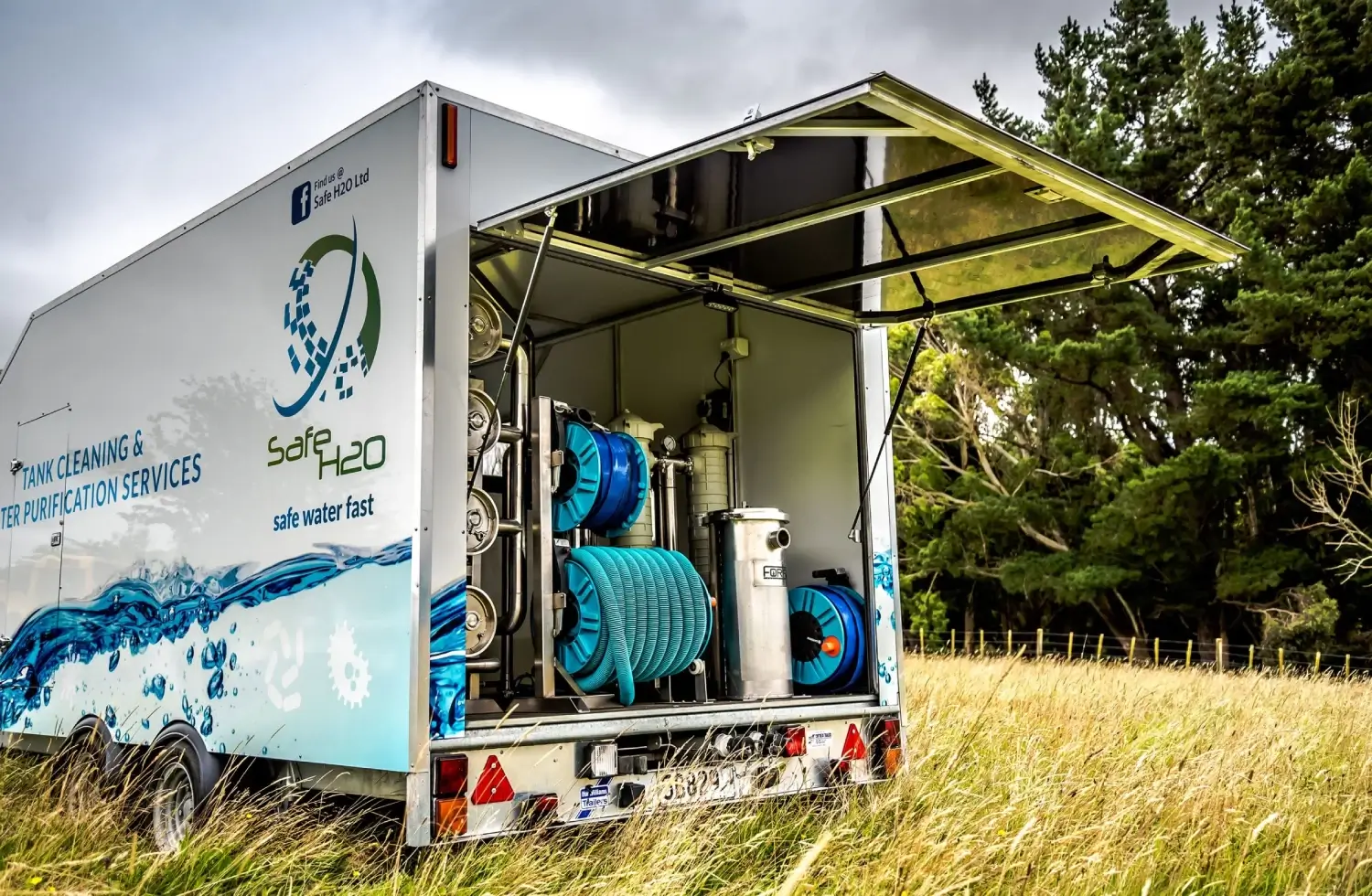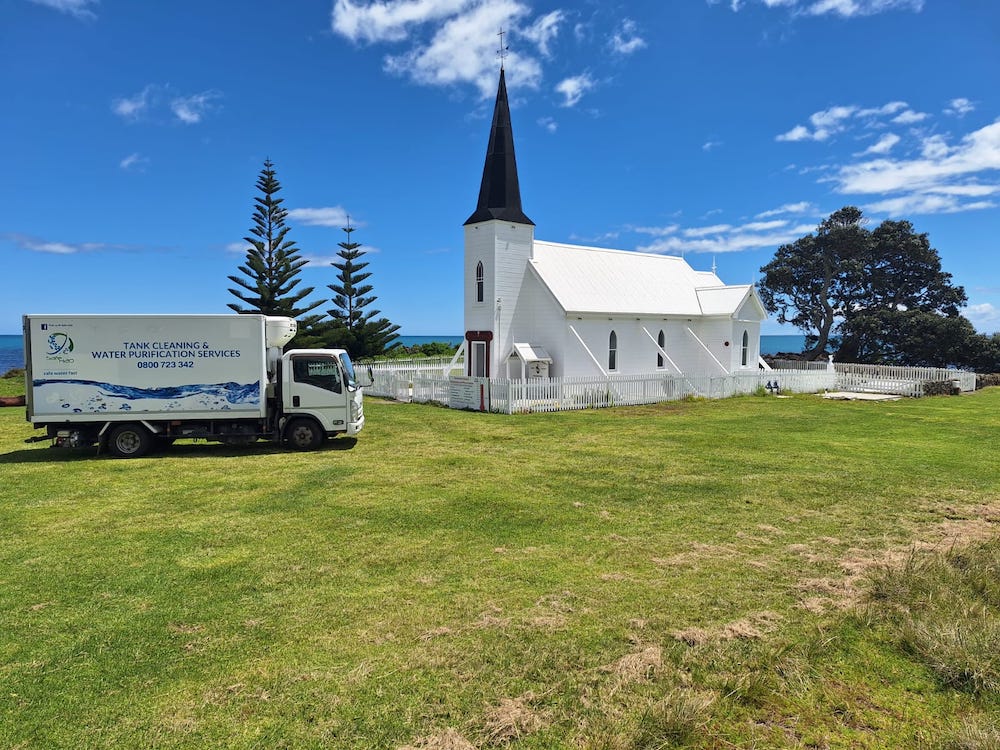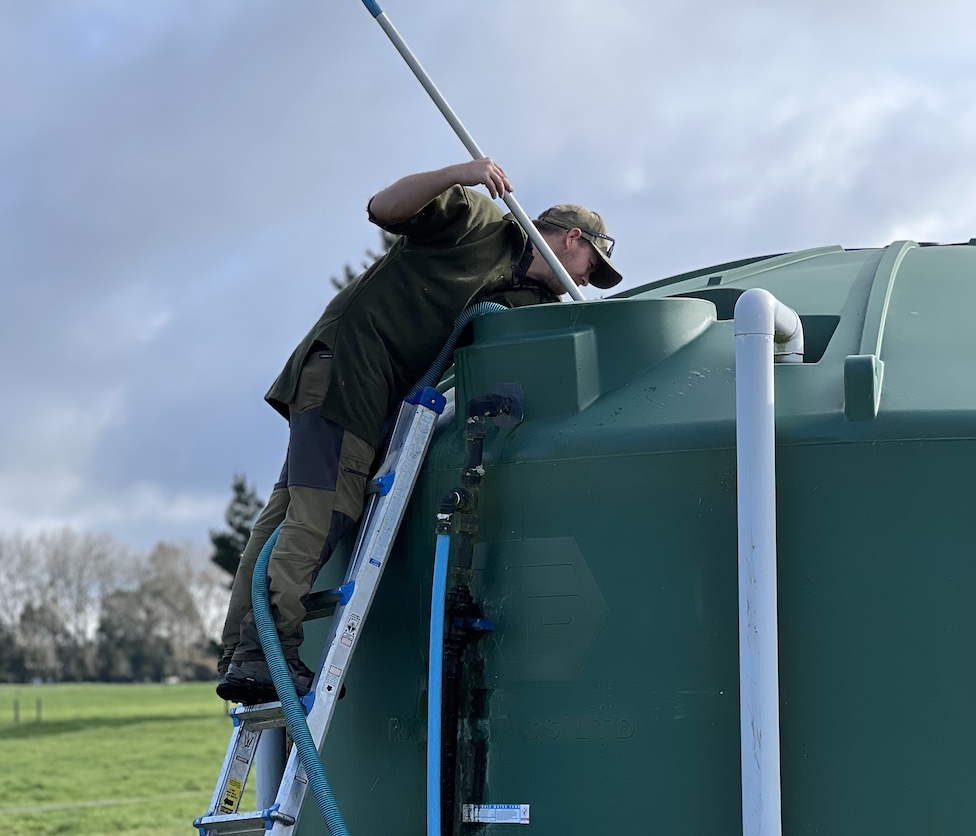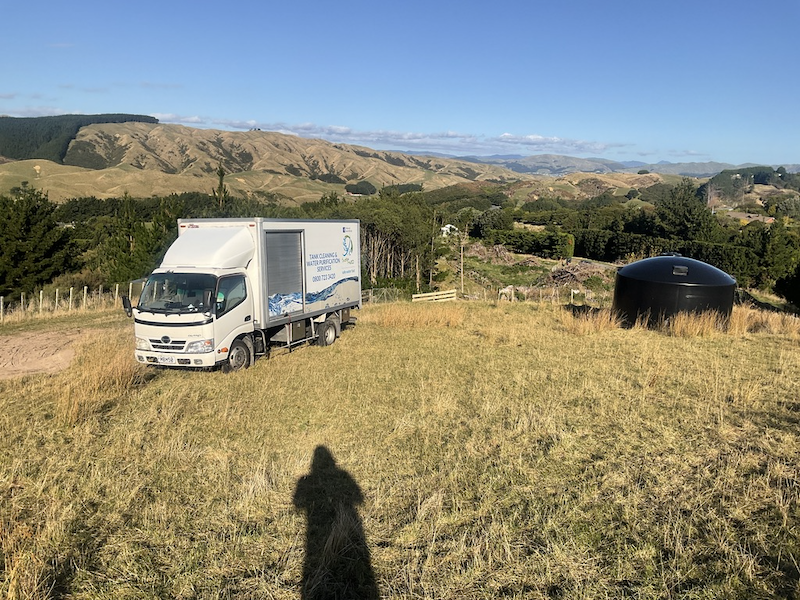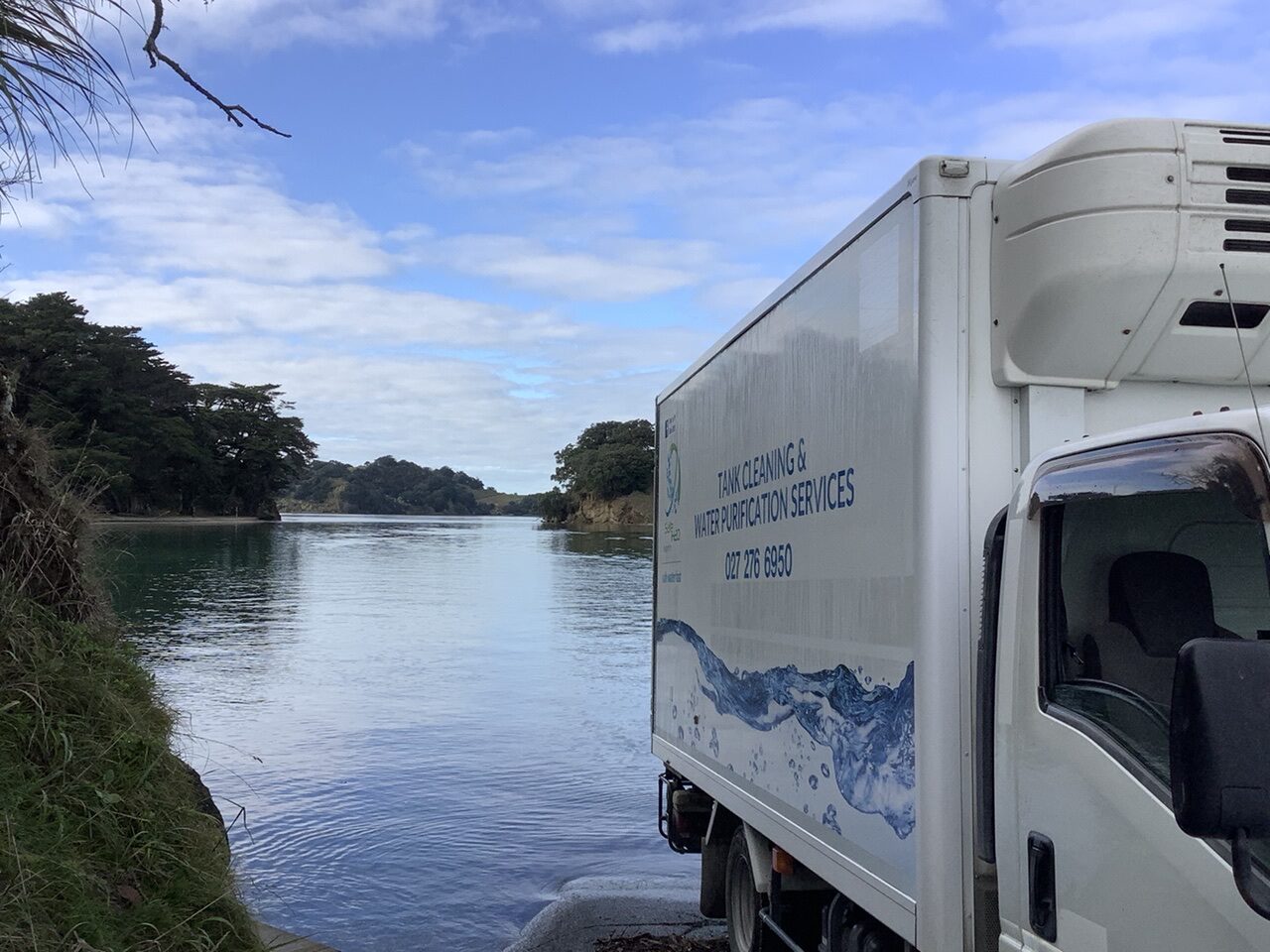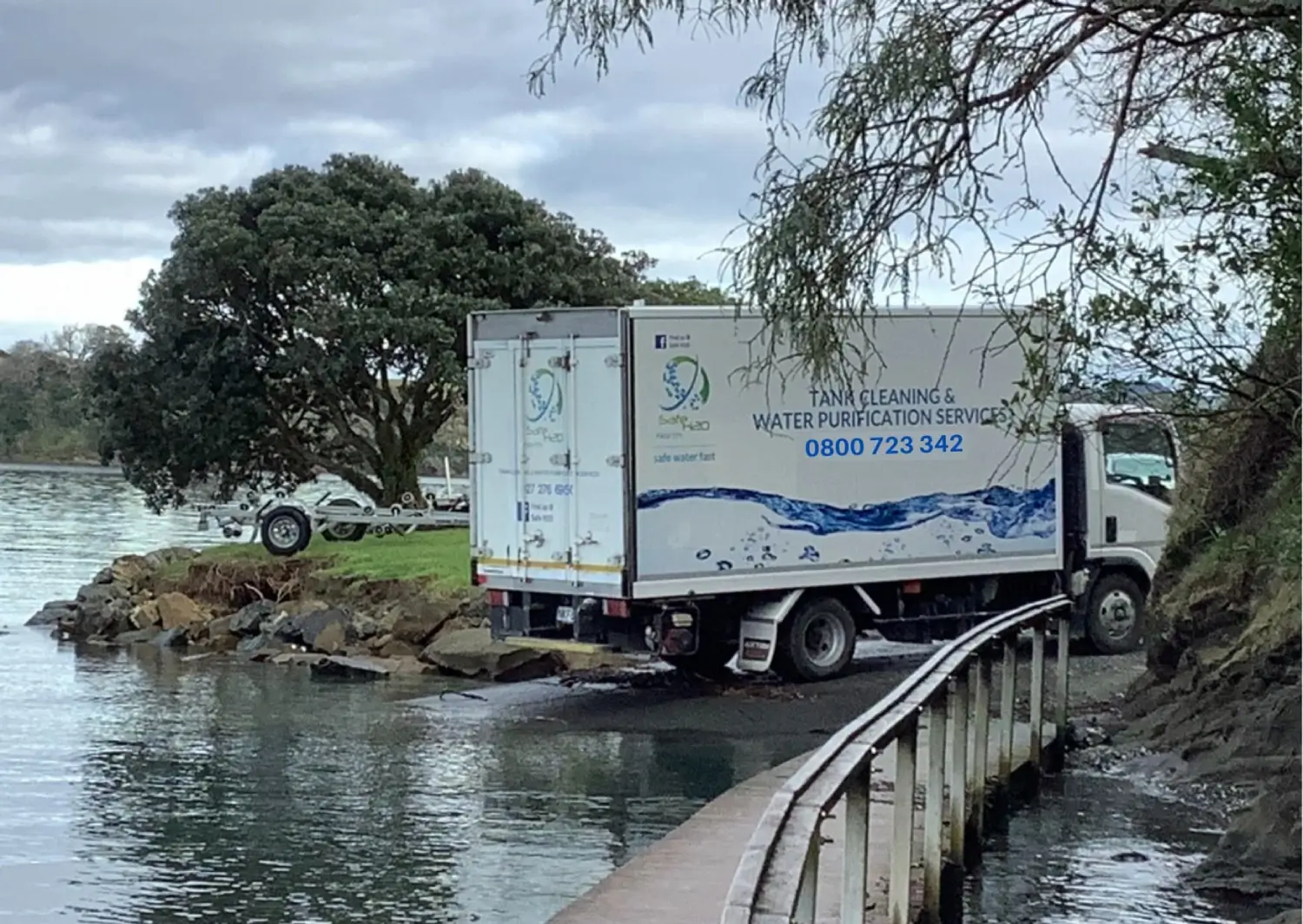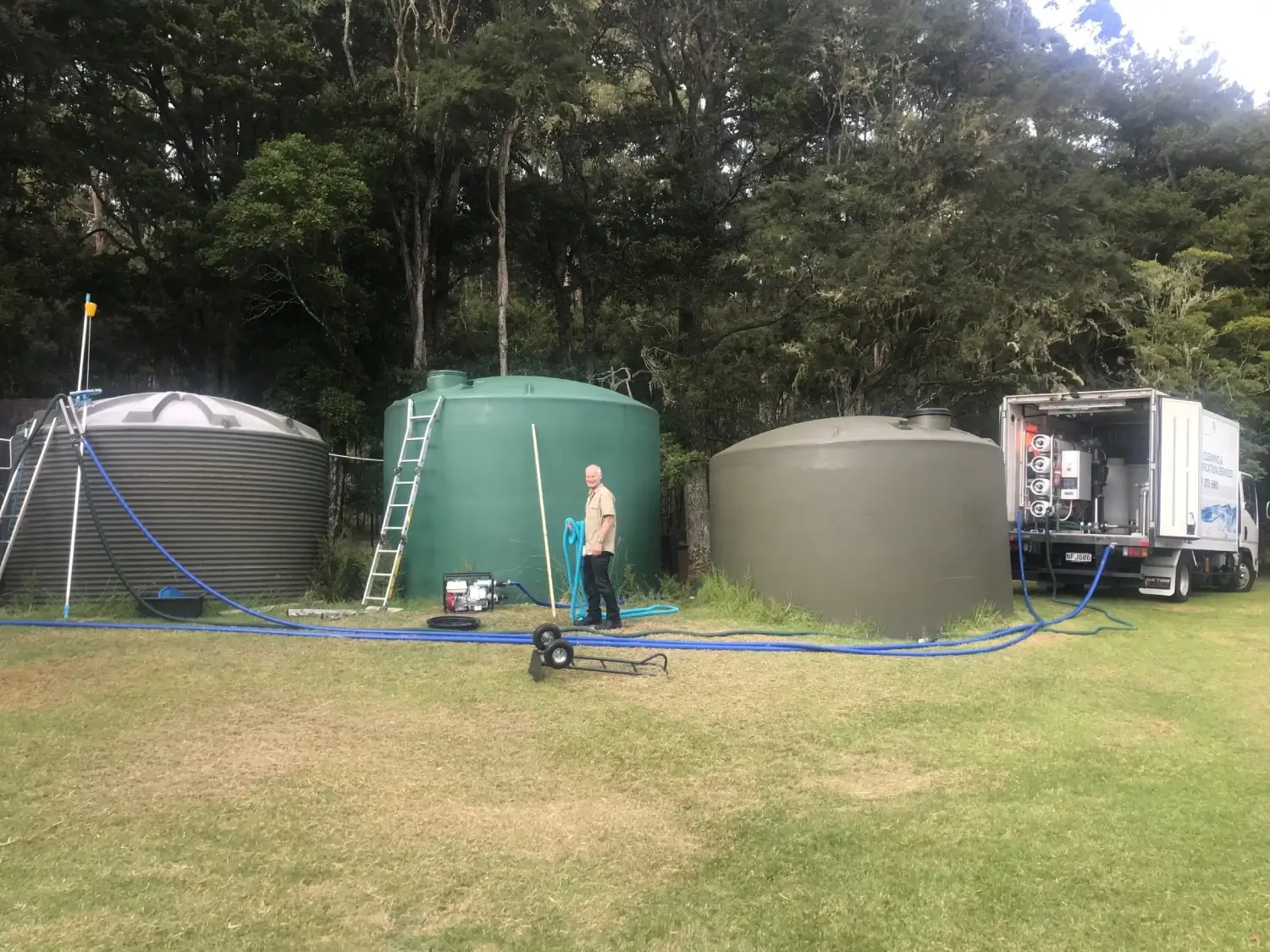What is Cryptosporidium and How to Keep Your Water Safe
What is Cryptosporidium?
In simple terms, Cryptosporidium is a tiny parasite that lives in the poop of infected people and animals.
It can survive for long periods outside the body, particularly in water sources, so if you have a water tank you need to be aware of the risk.
When ingested, Cryptosporidium can cause cryptosporidiosis, an illness which can cause things like diarrhoea, stomach cramps, and vomiting.
For most people, cryptosporidiosis, while highly unpleasant, will disappear within a few weeks. But as usual, things can be more serious for immunocompromised individuals so care needs to be taken. Health New Zealand has information on its website for those who think they may be infected, but in short, the first thing to do is visit your local GP.
It is even better of course to avoid getting infected with it!
Reducing the Risks of Cryptosporidium in Water Tanks
Water tanks, especially those that collect rainwater or are filled from surface water e.g. a spring or creek, can become contaminated with Cryptosporidium if proper precautions are not taken. Common sources of Cryptosporidium contamination include faecal matter from birds, rodents, and other animals, as well as human sewage runoff.
Once introduced into a water tank, Cryptosporidium can survive and multiply, posing a risk of infection to anyone who consumes the contaminated water. This problem is exacerbated if the sediment that builds up in your tank is not regularly cleaned out, as this can act as a medium for the Cryptosporidium to thrive in.
So, how does it get into your water tanks?
Well, when rain falls on roofs or the ground, it can pick up things like poop from birds, mice, or even people. Then, if this dirty water goes into our water tanks, it can bring along Cryptosporidium too.
How to minimise the risk:
Keep Your Tank Clean: Make sure to clean your water tank regularly to get rid of any dirt or poop that might be inside. The Safe H2O process cleans the tank and also purifies your water to remove Cryptosporidium. This will help keep the water clean and healthy to drink.
Clean Your Roof and Gutters: Keep your roof and gutters clean to minimise the dirty water that flows into your tank when it rains. This way, there’s less chance of Cryptosporidium getting in.
Use Filters: 1 micron filters after your pump generally catch tiny things like Cryptosporidium. UV filtration after the sediment filters provides even further protection on an ongoing basis. Installing filtration in conjunction with regularly cleaning your water tank, provides clean and safe for continuous protection.
By following these simple steps, you can keep our water tanks clean and make sure that you’re minimising the risk of Cryptosporidium in your drinking water and impacting negatively on you and your family.
Want to get your water tank cleaned? Considering filtration? We operate all over the North Island and you can get a free cost estimate by contacting us here.
How Often Do New Zealand Schools Need to Clean Their Water Tanks? Here in NZ, water tank maintenance for schools follow specific …
What is Cryptosporidium and How to Keep Your Water Safe What is Cryptosporidium? In simple terms, Cryptosporidium is a tiny parasite that …
Why you should use a Water Tank Cleaning Specialist Well maintained water tanks are the backbone of clean water storage and supply …
Guarding Against E. coli: Essential Strategies for Ensuring Safe Water Tank Systems Water tanks are an essential source of clean drinking water …
5 Top Reasons to Keep Your Water Tank Clean in New Zealand Cleaning your water tanks is something that’s probably not on …
Autumn Alert: Why Now is the Perfect Time to Clean Your Water Tank As the autumn leaves are about to fall and …
What are my Legal Obligations for water tank cleaning in New Zealand? Taumata Arowai is the new Water Services Regulator for Aotearoa New Zealand which …
Top signs your water tank needs cleaning – Don’t ignore these red flags Your water tank is a vital component of your …
How Often Should I Clean My Water Tank in New Zealand? If you are one of the thousands of New Zealanders with …
The Risks of Cleaning Your Water Tank with Janola or Household Bleach Should you use Janola to clean your water tank? Here …
12 Ways to Save Your Tank Water Worried about your water tanks running empty? Rainfed tank water is a limited supply and …
How much does it cost to clean my water tank? The cost of cleaning a typical New Zealand water tank depends on …

